English: Future Learn 2
This is the second article detailing the experience of our A Level Literature students as they venture into the realms of online learning. This week we hear from students who have...
Filter by Category
Filter by Author


























































































































































































This is the second article detailing the experience of our A Level Literature students as they venture into the realms of online learning. This week we hear from students who have...
Posted by Lynn Court
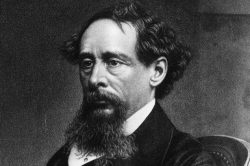
David Copperfield is the story of a young man’s adventures on his journey from an unhappy and impoverished childhood to his vocation as a successful novelist. It is the...
Posted by Natalie Stanton

The English Faculty is always looking for ways to broaden the range of experiences and opportunities available to students to enhance their learning. One strategy has been to...
Posted by Lynn Court

You know that situation you can sometimes find yourself in when you just can’t find the right… oh, come on what is it…umm… Word! Don’t you just hate...
Posted by Lee Cox
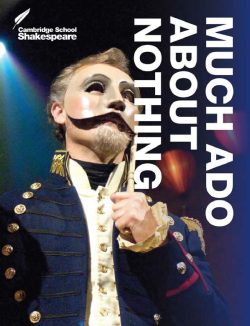
Year 7 students are currently studying Shakespeare’s comedy, Much Ado About Nothing. Taking place in Messina, Italy, our year 7 scholars have discovered a diverse range of...
Posted by Anthony Carter
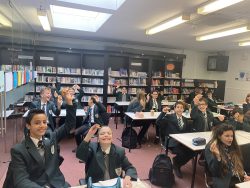
Last Tuesday lunchtime, Miss Collins hosted her first creative writing club session in LRC3. The turn out was a soaring success, with a classroom full of spirited students...
Posted by Natasha Collins

This year the English Faculty will be honouring Charles Dickens by promoting his novels each month in the BMS newsletter. With Year 8 currently studying his work, it seems...
Posted by Natalie Stanton
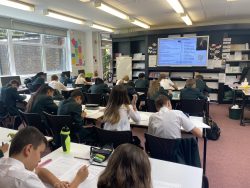
Mythology with year 7 at the start of a new academic year is one of my favourite things to teach! All the students thoroughly enjoy learning the meaning behind myths, how they’re...
Posted by Natasha Collins

How many people speak English? There are over 840 million people who speak English as a first or second language. This makes it the second most spoken language after Mandarin. It...
Posted by Lynn Court
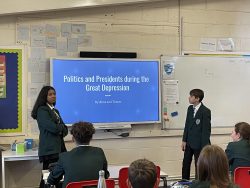
This week in English, students in year 9 have been conducting research about life in America following the Great Depression in preparation for their study of John Steinbeck’s...
Posted by Anthony Carter
This is the second article detailing the experience of our A Level Literature students as they venture into the realms of online learning. This week we hear from students who have chosen either a Shakespeare course, or one based on the novel genre.
Sarrina studied the Lancaster University course Shakespeare’s Language: Revealing Meanings and Exploring Myths. She summarises the content of topics covered, including
how Shakespeare’s life influenced his language and the words he created.
the language of the time and how Shakespeare’s differed to it.
how English was spoken at the time and the different classes in society.
removing the misconceptions about Shakespeare.
Lauren chose the Edinburgh University course: How to read a novel and says,
“This course covered a range of topics that refreshed, but also built on my knowledge of novels and how to interpret them. What I found especially helpful was the information about characters in novels and more specifically how to understand their behaviour and motives. I felt this not only helped me outside of school when reading, but also within my classwork such as fully understanding the character of Gatsby and Nick in ‘The Great Gatsby’. The quizzes throughout the course and at the end encouraged me to consolidate the learning I had done. The course, as it covered a range of different novels, also sparked my interest to pursue reading one of the ones covered- ‘A Children’s Bible’ by Lydia Millet.”
The students will also have the benefit of being able to comment on the following skills in their personal statements and Unifrog applications:
– self-discipline
– stamina in completing independent study
– wider reading and insight beyond the course syllabus
– demonstration of commitment to study and development of cultural capital.
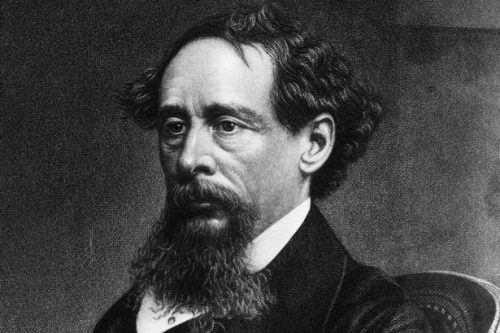
David Copperfield is the story of a young man’s adventures on his journey from an unhappy and impoverished childhood to his vocation as a successful novelist. It is the...
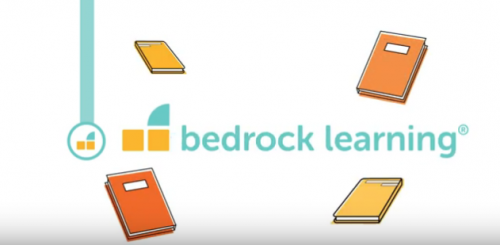
As you will know, over the last year and half the English faculty has invested in Bedrock Vocabulary learning for all year 7 and 8 students. We recognise that boosting...